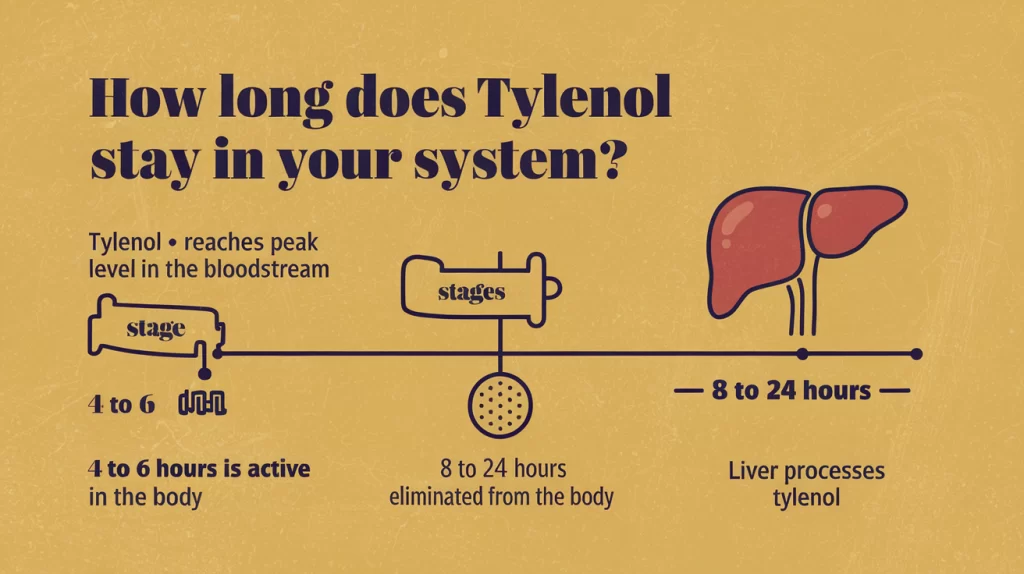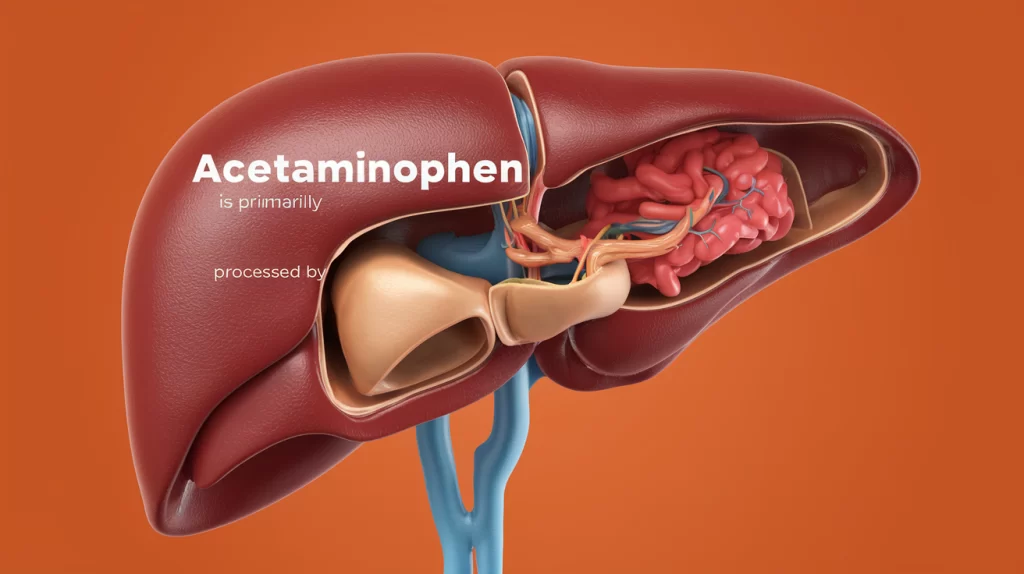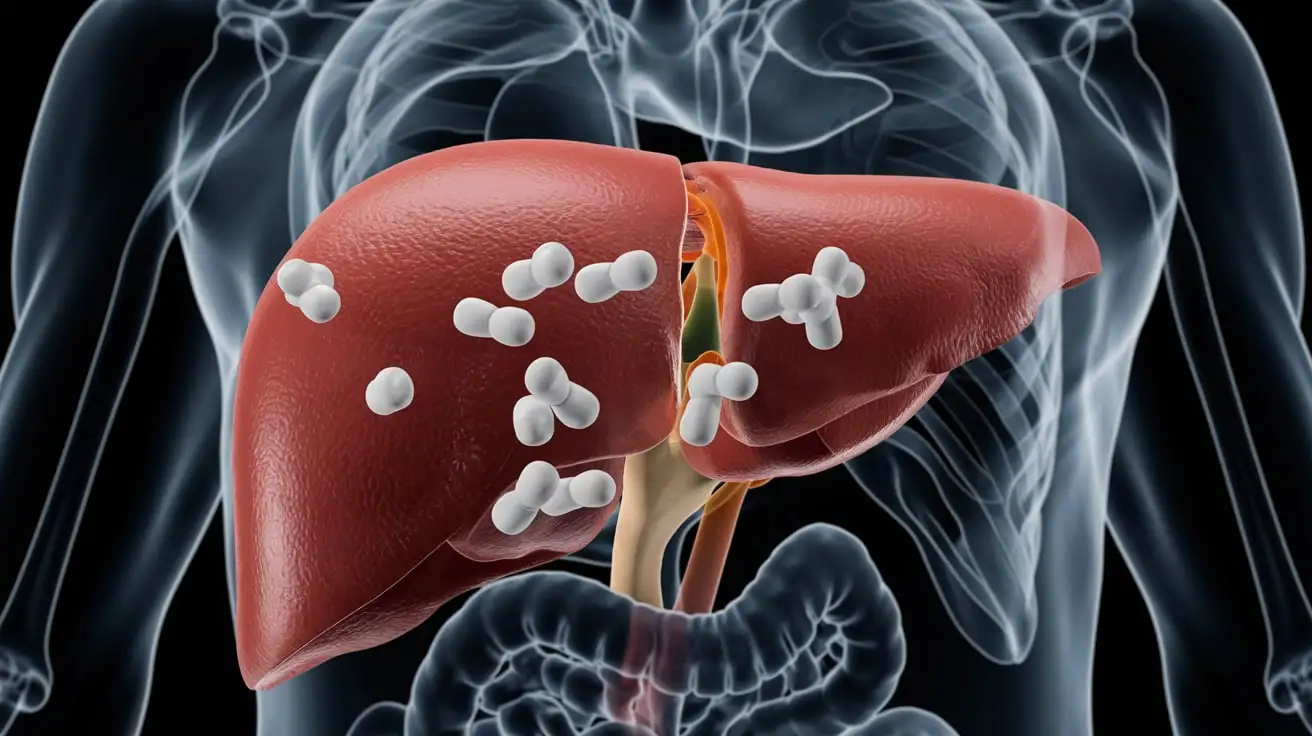How Long Does Tylenol Stay in Your System? Find Out the Shocking Answer!
Table of Contents
If you’ve ever taken Tylenol for pain relief or to reduce a fever, you might be curious about how long does Tylenol stay in your system. Understanding how long does Tylenol remain in your system can be essential for managing your dosage and avoiding potential interactions with other medications. This article explores how long does Tylenol stay in your system, what affects this duration, and what you need to know for safe usage. By learning about how long does Tylenol remain in your system, you can make informed decisions about your medication and ensure it’s used effectively and safely.
What Is Tylenol and How Does It Work?

What Is Tylenol?
Tylenol is a famous brand of acetaminophen, a medication widely used to relieve pain and reduce fever. Unlike other pain relievers, such as aspirin or ibuprofen, Tylenol does not have anti-inflammatory effects. It treats various conditions, including headaches, muscle aches, backaches, arthritis, toothaches, colds, and fevers.
How Does Tylenol Work in Your Body?
When you take Tylenol, the active ingredient, acetaminophen, enters your bloodstream and travels to your brain. It works by blocking the production of prostaglandins, chemicals in your body that cause pain and fever. This process helps relieve discomfort and lower your body temperature when you have a fever. Understanding how long does Tylenol stay in your system helps us grasp why certain factors influence its duration and how long does Tylenol stay in your system.
How Long Does Tylenol Stay in Your System?
The Duration Tylenol Remains Active
Typically, How Long Does Tylenol Stay in Your System? for about 4 to 6 hours. This is when it is actively relieving pain or reducing fever. The medication reaches its peak level in your bloodstream within 1 to 2 hours after ingestion. After this peak, your body starts to break down and eliminate Tylenol, which is essential to understand for practical use.
How the Liver Processes Tylenol
The liver primarily processes acetaminophen. The liver breaks it down into substances that can be excreted through urine. This means that the efficiency of your liver directly affects how long Tylenol stays in your system. A healthy liver processes and eliminates Tylenol more quickly than a compromised one. This is essential for people with liver conditions or other medications that affect liver function.
Factors Affecting How Long Tylenol Stays in Your System

Dosage and Frequency
The amount of Tylenol you take and how often you take it can impact its duration in your system. Higher doses or frequent use can result in the medication remaining in your body longer. Following the dosage instructions provided on the label or by your healthcare provider is essential to avoid potential issues. Overuse can lead to toxicity, so sticking to recommended dosages is crucial for your safety.
Your Health and Age
Your overall health and age significantly affect how long Tylenol remains in your system. As people age, their liver and kidney functions can slow down, affecting how quickly Tylenol is metabolized and eliminated. Individuals with liver or kidney conditions may also experience a slower breakdown of the medication. If you have any health conditions or are taking multiple medications, it’s a good idea to consult with your healthcare provider to ensure safe use.
Kidney Function
In addition to the liver, your kidneys are involved in the elimination of Tylenol from your body. They filter out waste products, including medications, from your bloodstream. If your kidney function is impaired, it can take longer for Tylenol to be cleared from your system. Maintaining good kidney health is essential for effective medication processing.
Body Weight and Metabolism
Your body weight and metabolism can also influence how long Tylenol stays in your system. Individuals with higher body weight might process medications differently than those with lower body weight. The metabolic rate varies from person to person and affects how quickly your body breaks down and eliminates substances. A faster metabolism can lead to quicker clearance of Tylenol, while a slower metabolism may prolong its presence in your system.
Signs of Tylenol Overuse and What to Do

Recognizing Overuse Symptoms
Taking too much Tylenol or using it too frequently can lead to serious health problems. Symptoms of Tylenol overuse include nausea, vomiting, loss of appetite, confusion, and unusual tiredness. In severe cases, it can cause liver damage, which may manifest as jaundice (yellowing of the skin or eyes), dark urine, and abdominal pain. Understanding how long does Tylenol stay in your system is crucial because prolonged presence can increase the risk of these symptoms. It’s essential to be aware of these symptoms and seek medical help if you experience them to manage how long does Tylenol stay in your system effectively.
What to Do in Case of Overuse
If you’ve taken too much Tylenol, contact a healthcare professional or poison control center immediately. They can guide what steps to take next and help manage any potential side effects. Prompt action can prevent serious health issues and ensure that you receive the appropriate care.
Safe Use of Tylenol
Following Dosage Instructions
To ensure that Tylenol is used safely and effectively, always follow the dosage instructions provided on the medication label or by your healthcare provider. Do not exceed the recommended dose or frequency of use. Consult your doctor or pharmacist if you’re unsure about the correct dosage.
Avoiding Interactions with Other Medications
Tylenol can interact with other medications, including prescription drugs, over-the-counter remedies, and even some dietary supplements. These interactions can affect how Tylenol is processed in your body and may lead to harmful effects. Inform your healthcare provider about all the medications and supplements you’re taking to avoid any negative interactions. This will help ensure that Tylenol is used safely alongside other treatments.
Also Read: How Long Does Pain Last After Tooth Extraction? Find Relief Fast!
Understanding the Risks of Long-Term Use
While Tylenol is effective for short-term use, understanding how long does Tylenol stay in your system is crucial for long-term health. Prolonged use of Tylenol should be approached with caution, as how long does Tylenol remain in your system can impact your liver and overall health. If you find yourself needing Tylenol regularly, it’s important to discuss how long does Tylenol stay in your system with your healthcare provider. They can help determine the underlying cause of your symptoms and explore alternative treatment options if necessary.
How long does Tylenol stay in your system is essential for safe and effective use. On average, Tylenol remains active in your body for about 4 to 6 hours, but this duration can vary depending on factors such as dosage, liver and kidney function, and overall health. By following the recommended dosage and being mindful of how long does Tylenol stay in your system, you can use Tylenol effectively while minimizing the risk of potential side effects.
Always consult with a healthcare provider if you have concerns about your health or the use of Tylenol, especially if you experience unusual symptoms or have underlying health conditions. Being informed about how long does Tylenol stay in your system can help you manage your health better and make safer choices regarding your medication.



